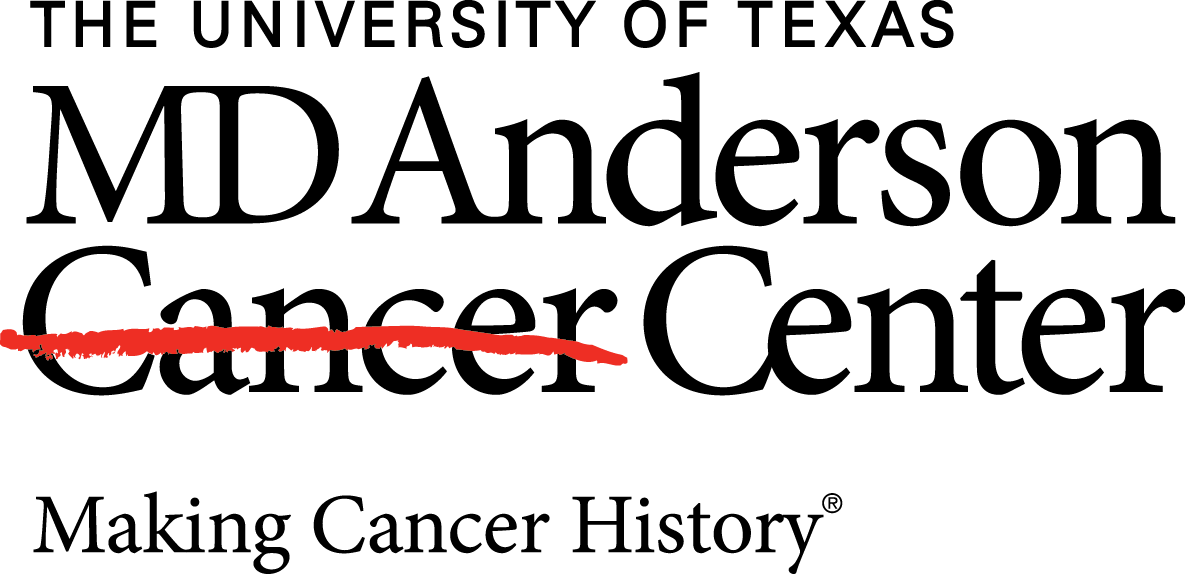The University of Texas MD Anderson Cancer Center | Strategic Alliance Partners

The University of Texas MD Anderson Cancer Center in Houston ranks as one of the world's most respected centers focused on cancer patient care, research, education and prevention. The institution’s sole mission is to end cancer for patients and their families around the world, and, in 1971, it became one of the nation’s first National Cancer Institute (NCI)-designated comprehensive cancer centers. MD Anderson is No. 1 for cancer in U.S. News & World Report’s “Best Hospitals” rankings and has been named one of the nation’s top two hospitals for cancer since the rankings began in 1990.
Through integrated and comprehensive programs, MD Anderson advances transformative discovery, prevention, translational and clinical research. We aim to provide a deeper understanding of all cancer types, including rare cancers not often studied or treated elsewhere, to ultimately lead to meaningful benefits for patients and society. In fiscal year 2024, MD Anderson invested $1.3 billion in research efforts. MD Anderson also is home to world’s largest oncology clinical trials program, with more than 1,500 ongoing trials in FY24, and 27 drugs tested at MD Anderson received FDA approval in FY24.
Through partnership with our patients, our scientists and clinicians seamlessly collaborate to develop breakthroughs that transform the field. Discoveries from our labs are swiftly translated into new therapies in the clinic, and insights from the clinic inform our laboratory work in real time. At every step, a rapidly growing team of data scientists provide insights, processes and tools that better inform and accelerate studies. Our culture of collaboration provides early-career researchers accessible mentorship and hands-on training from some of the most brilliant minds in the world across the spectrum of cancer research and care.

